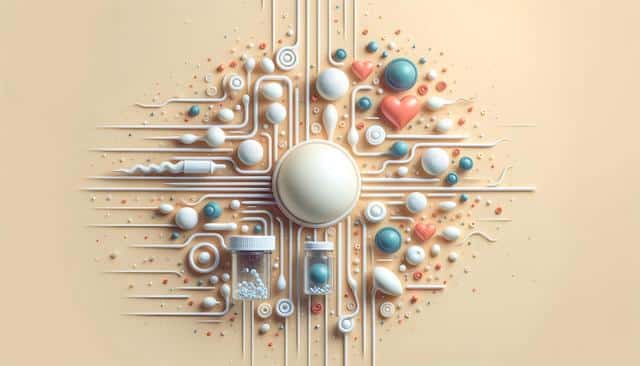The Process of Sperm Donation
Sperm donation is a meticulously regulated process designed to ensure the safety and health of both the donor and the recipient. The first step involves a comprehensive screening process where potential donors undergo rigorous health checks. This includes testing for infectious diseases, genetic conditions, and overall health assessments. The donors’ backgrounds, including family medical history, are also evaluated to minimize any future risks to the offspring. After passing these evaluations, donors submit their sperm samples under controlled conditions in a clinic. The confidentiality of donors is strictly maintained, ensuring their privacy while helping others fulfill their dreams of parenthood.
Who Benefits from Sperm Donation?
Sperm donation serves as a beacon of hope for many individuals and couples facing fertility challenges. These include:
- Heterosexual couples struggling with male infertility issues.
- Single women desiring to have a child without a partner.
- Same-sex female couples looking to start a family.
For these groups, sperm donation is often one of the most viable paths to parenthood. It provides them with the opportunity to experience the profound joys of raising a child, which might not have been possible otherwise. The process not only contributes to creating families but also supports emotional well-being and satisfaction among those who choose this route.
Sperm Donation and Legal Considerations
Legal frameworks surrounding sperm donation vary significantly across different countries and regions. These laws address issues such as donor anonymity, parental rights, and the number of offspring a single donor can father. In many jurisdictions, donors relinquish all parental rights and responsibilities, providing clarity and peace of mind for all parties involved. Understanding these legal intricacies is crucial for both donors and recipients to navigate the process smoothly. Consulting with a legal expert before proceeding with sperm donation can help clarify these issues and ensure that the process adheres to local regulations.
Emotional Impact on Donors and Recipients
While the practical aspects of sperm donation are well-structured and regulated, the emotional journey for both donors and recipients can be profound. For donors, the decision to contribute to someone else’s family can bring a sense of fulfillment and altruism. Many donors take pride in the knowledge that they are helping others achieve their dream of parenthood. On the recipient side, there can be a mix of emotions ranging from joy to anxiety. Programs often provide counseling services to support recipients through this emotional journey, ensuring they are prepared for the complexities that may arise during and after the process.
The Future of Sperm Donation
Advancements in medical science and technology continually shape the future landscape of sperm donation. Innovations in genetic screening and fertility treatments are enhancing the effectiveness of the donation process, offering even more options for prospective parents. As societal attitudes toward family structures evolve, the demand for sperm donation is expected to increase. This growing need highlights the importance of continued research and ethical considerations to ensure the practice remains safe, effective, and respectful of all involved. The future promises more personalized and successful approaches, potentially increasing the chances of conception for those in need.
Conclusion
Sperm donation is a vital component of modern reproductive medicine, offering hope and solutions to many who face fertility challenges. By adhering to stringent screening and legal protocols, the process ensures that the health and privacy of both donors and recipients are respected. As medical technology progresses, the opportunities for individuals to create families through sperm donation will continue to expand. Whether you are considering becoming a donor or recipient, understanding the intricacies of the process can help ensure a positive and fulfilling experience.
